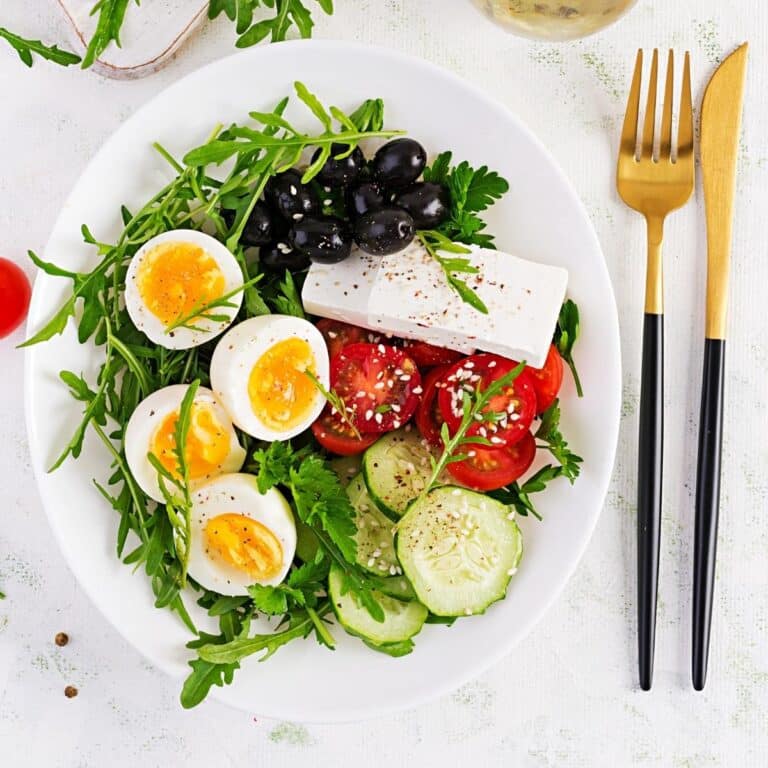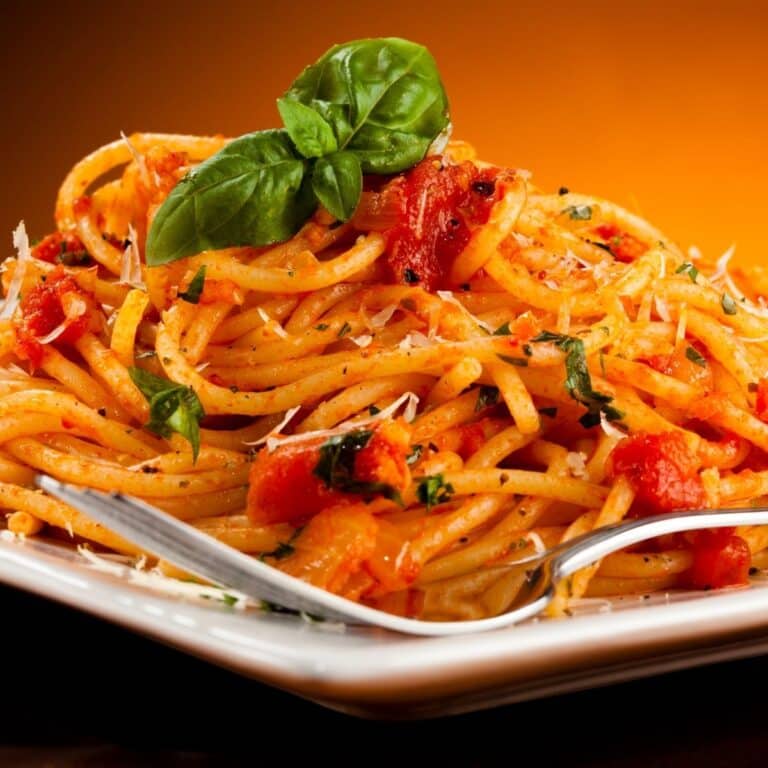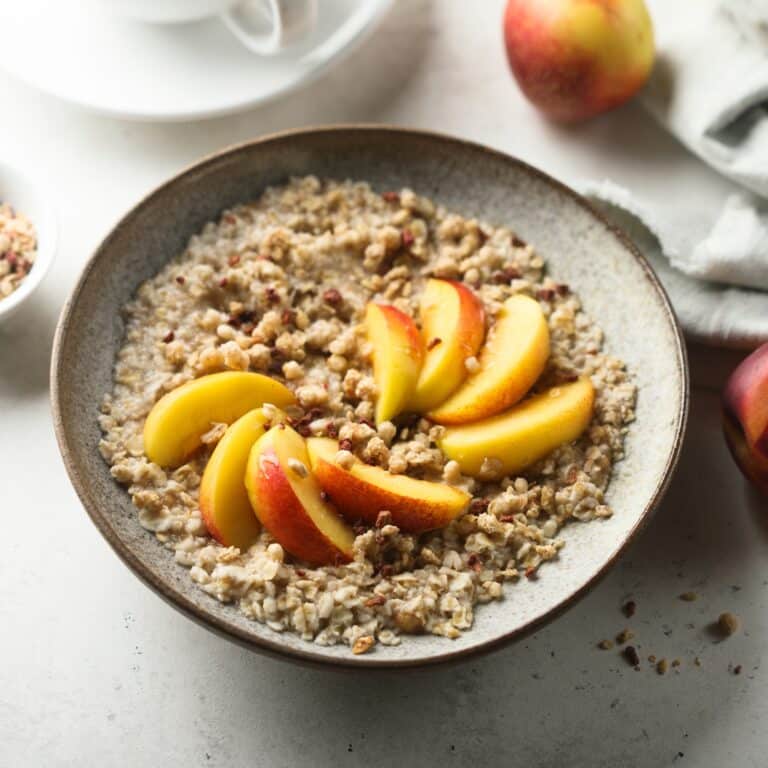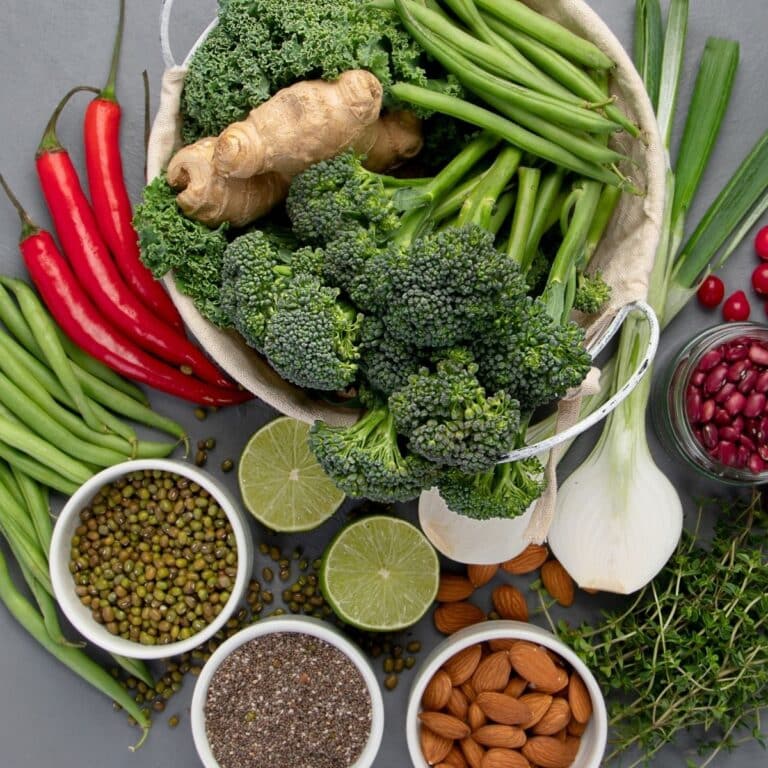Kidney Friendly Fruits
Whether or not you have kidney disease, fruits are an important part of your daily diet. They contain important vitamins, minerals, and nutrients that help the human body meet the many demands it faces throughout the day.
However, for people with kidney disease, fruits take on a completely different importance as some fruits can have positive effects on health and well-being while others could have seriously negative consequences.
Kidneys play a vital role in our body's health; they filter waste from our blood and maintain fluid levels throughout our body. When our kidneys become overloaded with toxins or aren't able to filter out enough waste products, we may suffer from serious health issues such as high blood pressure (best grilling blood pressure foods) and even kidney failure.
That’s why it’s so important to eat the right kind of food that supports proper kidney function.
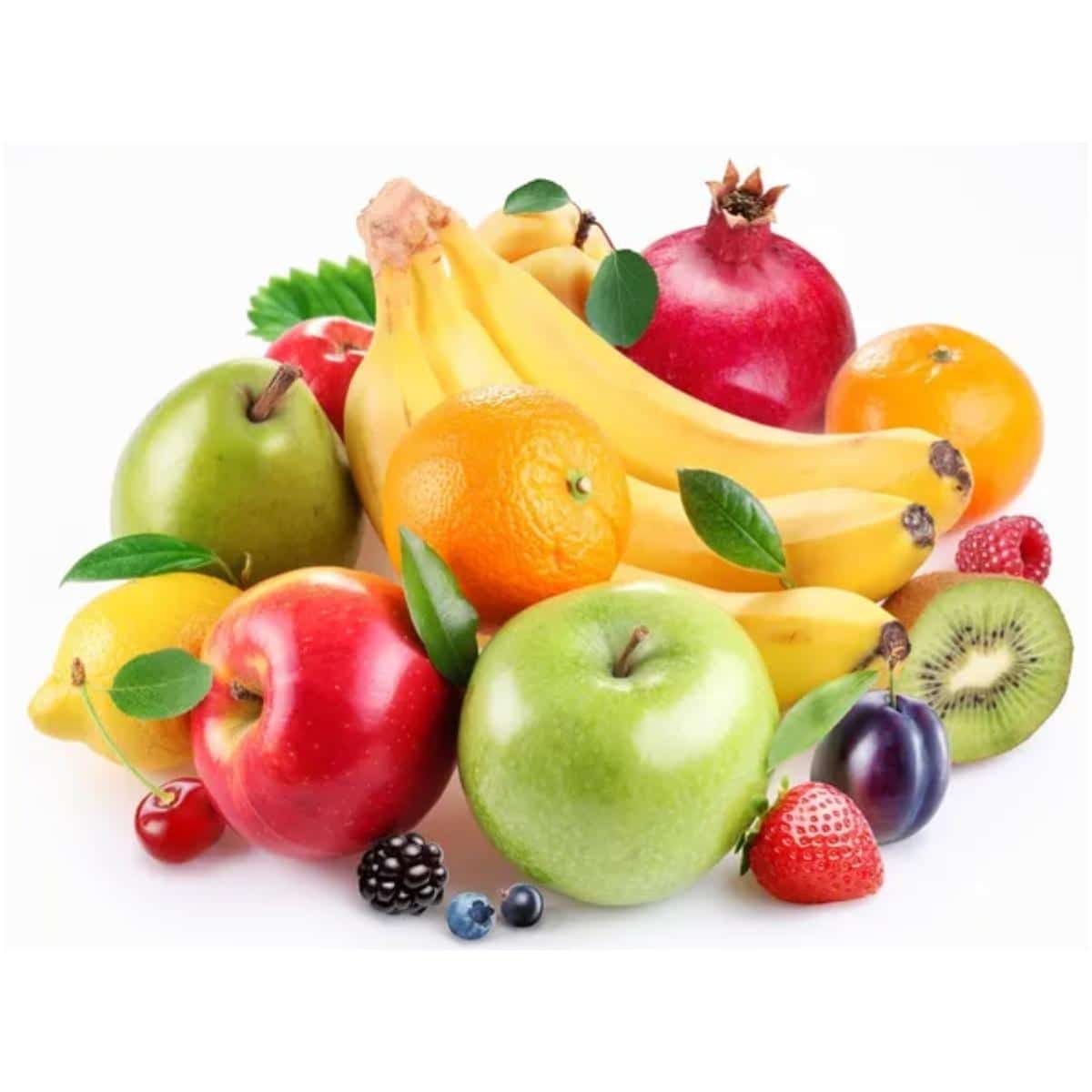
The body doesn't function the way it once did when you have kidney disease. Things the average person takes for granted, such as the ability to urinate essentially on demand, are no longer possible.
This means you have to pay close attention to the amount of liquids, fluid restriction guidelines for CKD, and certain minerals you introduce to your body.
For instance, most people understand that high-sodium diets are off the table once kidney problems begin. However, most people are surprised to learn that protein, potassium, and phosphorus must also be limited on diets suitable for someone with renal failure of kidney disease.
The one caveat is that everyone is a little different. It's always wisest to work closely with your physician to find out which restrictions are most important in your situation.
These are among the most common restrictions, however, you must consider when it comes to kidney disease, fruits, and more.
Filling up on nutrient-dense fruits is one way to make sure you're doing all you can to keep your kidneys healthy.
From apples and oranges to blueberries and cherries, there are plenty of delicious options when it comes to choosing a kidney-friendly snack or meal addition. Check out this recipe for blueberry muffins for renal disease.
Read on to discover which fruits will give your kidneys the extra boost they need!
Jump to:
- Definition Of Kidney-Friendly Fruits
- Benefits Of Eating Kidney-Friendly Fruits
- Low Potassium Options
- Fruits Rich In Antioxidants
- High Fiber Options
- Low Sodium Options
- Different Ways To Enjoy Kidney-Friendly Fruits
- Tips To Select The Freshest Produce
- Creative Uses For Leftover Fruit
- Interactions With Medication Or Supplements
- Kidney Disease Fruits FAQs
- Fruits Are A Healthy Addition To Your Renal Diet
Definition Of Kidney-Friendly Fruits
When people are affected by chronic kidney disease, they need to be mindful of their diets in order to keep the organ functioning properly. A renal diet focuses on low potassium fruits and vegetables as well as vitamin c rich foods that can help the kidneys perform at an optimal level.
When looking for fruits suitable for a kidney-friendly diet, it's important to look for those with lower levels of potassium or phosphorus.
Fruits such as apples, pears, oranges, strawberries, pineapples, and grapes make excellent choices due to their lower amounts of minerals compared to other options. You may be wondering, are strawberries kidney friendly? Yes, they are!
They also provide plenty of vitamin D which is particularly important for kidney patients.
In addition to these general guidelines for selecting fruits for your renal diet, you should always consult with your doctor about specific dietary needs related to your condition and any medications you may be taking.
This will ensure that you have all the necessary information before making changes to your daily intake of food and drink. With careful consideration given to what goes into your body every day and a balanced diet, you’ll feel more equipped than ever before when it comes to managing chronic kidney disease!
For More Recipes and Ideas --->> Get Your Free Meals and Recipes That Are Perfect for Pre-Dialysis Diets, Pre-Dialysis with Diabetes, or Dialysis Diets.
Benefits Of Eating Kidney-Friendly Fruits
Eating kidney-friendly fruits offers numerous health benefits. Fruits are an excellent source of fiber, vitamins, minerals, and antioxidants, which can help protect against various diseases and work to prevent increasing your level of kidney damage.
Eating a renal diet rich in fruits can also reduce inflammation and improve blood sugar levels.
Furthermore, many kidney-friendly fruits are low in potassium and sodium – two elements that should be restricted on a renal diet – making them ideal for those with chronic kidney disease or end stage renal disease (ESRD). Use these tips to avoid end stage renal disease.
There is no shortage when it comes to the variety of kidney-friendly fruits available. Some examples include apples, pears, pineapples, tangerines, watermelon, bananas, strawberries, oranges, peaches and blueberries.
Each fruit provides its own unique blend of nutritional value so eating several different types of these fruits will ensure you’re getting all the essential nutrients your body needs to function optimally and at a healthy level.
Additionally, substituting some high potassium foods such as potatoes with lower potassium options like zucchini or summer squash could be beneficial for people who need to restrict their intake of this mineral due to CKD or ESRD (esrd diet plan).
In addition to providing valuable nutrition for people living with kidney problems or other illnesses associated with poor nutrition status, eating more potassium-free and low sodium fruits can also help promote better overall health by reducing the risk factors associated with cardiovascular disease.
So if you're looking for a way to increase your consumption of healthy foods while still managing your dietary restrictions related to your condition - why not start incorporating more kidney friendly fruits into your daily meals?

Low Potassium Options
Fruits with high potassium levels are off limits, making it difficult to find flavorful snacks that don't derail your dietary needs. But fear not!
There's still plenty of delicious low-potassium options and low potassium recipes available for those looking to satisfy their sweet tooth and their kidneys at the same time.
Below is a table highlighting some great low-potassium fruit choices:
| Low Potassium Options | Serving Size | Potassium (mg) |
| Apples | 1 Medium | 194 |
| Blueberries | ½ Cup | 143 |
| Strawberries | ⅔ Cup | 132 |
| Grapes | ½ Cup | 95 |
| Oranges | 1 Medium | 237 |
These fruits contain less potassium than other fruits, and are generally safe in moderation when you have chronic kidney disease or need to limit potassium intake.
To make sure you’re not going over your recommended intake of minerals, talk with your doctor (kidney specialist medical term) or care team about how much of these fruits you should eat on average each day to not consume them in excessive amounts.
Fruits Rich In Antioxidants
For kidney patients, incorporating antioxidant-rich fruits into their diet can be beneficial in reducing inflammation, protecting against oxidative stress, and maintaining a healthy weight.
Here are some fruits that are particularly rich in antioxidants:
Blueberries:
These tiny blue gems are packed with antioxidants, such as anthocyanins and vitamin C. These powerful nutrients help protect the body from free radicals and reduce inflammation.
Blueberries are also low in potassium, making them a great fruit option for kidney patients.
Cranberries:
Cranberries are another antioxidant-rich fruit that can benefit kidney health. They contain flavonoids and vitamin C, which have anti-inflammatory properties and may help prevent urinary tract infections. Cranberries are also low in potassium and can be a good addition to a kidney-friendly diet.
Strawberries:
Sweet and juicy, strawberries are a great source of vitamin C and other antioxidants such as anthocyanins and ellagic acid.
These nutrients help protect against inflammation and oxidative stress. Strawberries are also low in potassium, making them a great fruit option for kidney patients.
Cherries:
Cherries are a delicious and nutritious fruit that are rich in antioxidants such as anthocyanins and vitamin C.
They also have anti-inflammatory properties and may help reduce pain and inflammation in the body. Cherries are also low in potassium, making them a great fruit option for kidney patients.
Incorporating these antioxidant-rich fruits into your diet can be a tasty and nutritious way to support kidney health.
However, it's important to remember that individual dietary needs may vary, and it's always best to consult with a healthcare professional or registered dietitian to determine the best portion sizes and frequency of consumption based on your individual needs and medical history.
With so many delicious choices available, it might even make staying healthy fun!
High Fiber Options
Eating a diet rich in fiber can help to reduce the risk of developing chronic kidney disease and can also provide beneficial nutrition for people already suffering from it.
Fruits like apples, pears, raspberries, oranges and kiwis are all packed full of dietary fiber. Apples contain an impressive 4 grams per serving, while pears have 5 grams and raspberries boast 8 grams per cup.
And last but not least is kiwi; this fuzzy fruit packs over 2 grams of fiber into every small package. All these make great additions to any diet focused on reducing the risks associated with kidney issues.
It’s important to note that many other types of fruits offer a good source of dietary fiber as well: blueberries (3g/cup) and mangoes (5g/1 cup) just to name a few.
Adding these delicious fruits – or indeed any type of high-fiber produce – to your regular eating habits may be just what you need to start making healthier decisions towards bettering your kidneys’ health. Start by making smart goals for chronic kidney disease.
Low Sodium Options
When it comes to kidney-friendly fruits, there are some great low sodium options that can provide a variety of health benefits.
Reducing your sodium intake is essential for those with chronic kidney disease and other conditions where dietary restrictions (dialysis diet restrictions) are necessary. Here are 5 low-sodium options:
* Strawberries: Strawberries have a naturally sweet flavor and no added sodium content.
* Apples: Apples are another fruit with a high water content that makes them ideal for people trying to watch their sodium levels. Give this apple sauce smoothie a try!
* Peaches: Peaches have a mild flavor and the skin contains virtually no sodium.
* Pears: Pears are packed with beneficial vitamins and minerals, while being relatively low in sodium content.
These five fruits offer kidney friendly alternatives without sacrificing taste or nutrition value. In addition to these options, you may also want to consider other specific varieties of seasonal produce as they often come lower in overall salt content than canned or processed foods.
By incorporating these healthy choices into your daily diet, you can ensure you get the nutritional benefit from eating fresh fruits while maintaining your desired level of sodium consumption.
Different Ways To Enjoy Kidney-Friendly Fruits
From the low sodium renal diet options previously discussed, we now turn to kidney-friendly recipes that have an abundance of nutrients and other benefits. To reap the most rewards from these fruits, let's explore different ways to enjoy them!
Like a well-crafted sandwich, combining several flavorful ingredients together can make all the difference when it comes to creating deliciousness. For instance, whipping up smoothies for kidney disease is one great way to enjoy multiple types of kidney-friendly fruits at once.
Not only do they provide a unique combination of tastes and textures, but they also bring essential vitamins into your diet in a single glass. You can add natural sweeteners such as honey or agave syrup if desired.
For those looking for something slightly more substantial than a smoothie, why not try making some fruit salads?
Here you'll be able to combine both cooked and raw fruits that are ideally suited for kidneys - think apples, pears, berries, mango etc..
The possibilities are endless! Don't forget about adding some crunchy nuts; their antioxidant content will make this salad even healthier. Or maybe toss in some freshly squeezed lemon juice for extra zing and flavor.

Finally what better way to beat the summer heat than with homemade fruit juices? Who doesn't love a cold drink on hot days?
Start by choosing any type of kidney friendly fruit like oranges or grapes then peel off skins and pulverize them in a blender before straining out all residual pulp through cheesecloth.
Add water according to taste then give it another blend before serving over ice cubes – voila! Baked desserts too can use generous amounts of fresh fruits while still being gentle on your body’s needs. Here is a list of kidney friendly desserts, low potassium desserts.
Tips To Select The Freshest Produce
Choosing the freshest produce can be a daunting task, but it doesn't have to be. With some simple tips and tricks, you'll be able to select the best of the bunch every time.
First and foremost, when selecting produce, always look for signs that indicate freshness such as bright colors, firm textures, no bruises or signs of damage, and sweet aromas. If a piece of produce looks dull in color or feels soft and mushy to the touch then it is likely not at its peak freshness.
Additionally, pay close attention to expiration dates on pre-packaged fruits and vegetables as those will help guide your decision making process when selecting from those items.
Another great tip is to shop seasonally whenever possible; this ensures an abundance of flavor since seasonal produce has been recently harvested! And don’t forget about size either - smaller pieces tend to have more concentrated flavors than larger ones.
When looking through displays at farmer's markets or other venues remember that investing in quality truly makes a difference in taste and nutrition so make sure that you're getting exactly what you want before leaving with anything less than perfect.
Use these guidelines next time you go out shopping for fruit or veggies – they’ll definitely come in handy!
Creative Uses For Leftover Fruit
Many of us have leftover fruit that we don't know what to do with. Fortunately, there are many creative uses for these delicious fruits!
Fruit salads make a great snack or side dish and can be combined with any other favorite ingredients you may have on hand. Fruit smoothies are a great way to start the day off right - blend your favorite combination of fresh or frozen fruits with some yogurt, almond milk, or juice for an energizing drink full of vitamins and minerals.
For something more substantial, try making fruit skewers using whatever type of fruit you happen to have in stock. Thread pieces onto wooden skewers along with meat, vegetables and cheese for a tasty meal.
You can also use up extra fruit by baking muffins or creating indulgent desserts such as pies or cobblers. All of these recipes will not only help you reduce food waste but they're also sure to please family members and friends alike!
So if you find yourself wondering what to do with excess fruit, get creative and whip up one of these tasty treats!
Interactions With Medication Or Supplements
Kidney-friendly fruits can be a great addition to the renal diet. For those on ckd and diabetes medications or supplements, however, it is important to consider potential interactions and common conditions with these foods.
To help in this regard, here is a table highlighting some of the more common medications and supplements along with their associated dietary restrictions:
| Medication/Supplement | Dietary Restrictions |
| Statins | Avoid grapefruit and pomegranate juice |
| Warfarin | Avoid green leafy vegetables such as spinach and kale |
| Metformin | Limit high sugar fruits like dates and raisins |
Knowing which kidney-friendly fruits are safe for consumption when taking certain medications or supplements is key for maintaining overall health.
It's best to speak with your doctor about any potential interactions before adding new foods into your diet in moderate amounts.
Additionally, make sure that you’re aware of what types of dishes contain which ingredients so that you don’t unintentionally consume something that could have adverse effects on your body.
Kidney Disease Fruits FAQs
When it comes to eating any type of food and staying on a healthy eating plan, it's important to be mindful of what could happen if we over consume.
The same goes for kidney-friendly fruit - while there are plenty of benefits associated with consuming these types of fruits in moderation, there can also be some side effects if you eat too much.
In this article, we'll go through the potential health risks and adverse effects that may occur from eating too much kidney-friendly fruit.
The first thing to consider when talking about the side effects of overconsuming kidney-friendly fruits is how they affect your kidneys directly.
Depending on the specific type of fruit being consumed, this could lead to high potassium and phosphorus levels in the blood causing an overload on the kidneys. This can cause a range of symptoms such as fatigue, weakness, nausea and even vomiting.
It’s not just your kidneys that can suffer either; overindulging in certain kinds of fruits can put extra strain on other organs such as your liver and gallbladder as well as lead to problems with digestion.
Eating large amounts of high sugar content fruits like grapes, pears or apples can cause spikes in blood sugar levels which can potentially result in conditions like diabetes or pre-diabetes if left unchecked for long periods of time.
Therefore, it’s important to keep track of how much you’re consuming so that you don't end up putting yourself at risk for any lasting health issues down the line and maintain a healthy diet.
By understanding more about the consequences related to overconsuming kidney-friendly fruit, you're now better equipped to make healthier decisions regarding your diet and lifestyle choices when it comes to including them into your meals.
Remember: moderation is key! Whether you are looking for additional sources of nutrients or simply trying out new recipes with different types of produce – always remember that enjoying a variety of healthy foods will help ensure both short and long term wellbeing without risking any serious health complications later on in life.
It's also wise to look at a kidney healthy diet plan to see what would be the best fruit for you to consume.
When it comes to purchasing fruits that are kidney-friendly, there is a debate over whether fresh or frozen options are better. Of course, the answer will depend on the individual’s eating habits and dietary needs.
Buying fresh may be the best choice since many frozen items contain preservatives and chemicals. Fresh fruits also have higher levels of essential vitamins and minerals which can help support healthy kidneys.
Furthermore, many people prefer the taste of fresh fruit over its frozen counterpart because it is juicer and has more flavor.
On the other hand, some argue that when it comes to kidney friendly fruits, freezing them may actually provide added benefits in terms of health and nutrition.
Many studies have shown that freezing helps preserve key nutrients like antioxidants for up to one year after harvest time without needing any additives or preservatives.
In addition, frozen fruits often require less preparation than their fresh counterparts; they come pre-chopped making them easier to add into smoothies or salads quickly with minimal effort.
The decision between choosing fresh or frozen kidney friendly fruit really depends on someone's personal preference as well as what fits best within their lifestyle - both options offer nutritional benefits!
When it comes to storage considerations for food, the type of food can determine what kind of special measures need to be taken.
This is especially true when looking at kidney-friendly fruits. Knowing the best way to store these types of fruits properly is essential for preserving their freshness and nutritional value over a longer period of time.
Before discussing any specific storage tips, let's look at whether there are differences between how fresh or frozen kidney-friendly fruits should be stored:
* Fresh kidney-friendly fruits should generally be kept in the refrigerator, as this will help extend their shelf life and maintain flavor.
* Frozen kidney-friendly fruits need proper packaging to prevent them from becoming freezer burnt over a long period of time.
Now that we have an understanding of the differences between storing fresh versus frozen kidney-friendly fruit, here are some additional tips for ensuring optimal storage:
1. Don't buy more than you can use within a few days if buying fresh fruits - this helps reduce waste and keeps your kidneys healthy!
2. Store canned or bottled products away from direct sunlight and heat sources, as high temperatures can cause spoilage due to oxidation reactions occurring in the container
3. Keep all containers tightly sealed after opening so as to limit air exposure and dehydration
4. If freezing your own foods, make sure to freeze them quickly at low temperatures (0°F) so that large ice crystals don’t form which could damage cell walls and degrade quality.
These simple yet effective steps can go a long way towards making sure that your kidney friendly fruits stay fresher for longer periods of time – allowing you to enjoy them while keeping your body healthy! Go ahead and check out these diabetic friendly freezer meals.
Are there any recipes that incorporate kidney-friendly fruits? The answer is a resounding yes! With more people becoming aware of the importance of eating kidney-friendly foods, creative and delicious recipes are popping up everywhere.
First off, let’s look at some tasty ways to enjoy kidney-friendly fruit recipes. You can find everything from simple smoothies to elaborate desserts on websites like Pinterest.
Some popular ideas include apple pie parfaits or banana bread muffins made with wholesome ingredients such as almond flour, coconut sugar and chia seeds.
For those looking for something even simpler, try adding fresh fruit slices directly onto yogurt or oatmeal bowls (oatmeal and kidney disease) for an extra burst of flavor and nutrition.
Try experimenting with different flavors by blending fruits into sauces or dressings for salads; use zucchini noodles instead of wheat pasta and top with a tomato basil sauce containing mango chunks.
Create refreshing smoothies using combinations like blueberry pineapple; or whip up some delicious pancakes packed full of nutrient dense berries and applesauce. Can you eat pancakes on a renal diet? Yes!
And if you're really feeling adventurous, why not make your own veggie burger patty filled with mashed avocado and diced kiwi?
No matter how you decide to incorporate these nutritious fruits into your meals, one thing's certain: you'll never run out of new creations! So go ahead – get inspired in the kitchen and start creating delightful culinary masterpieces that both nourish your body and satisfy your taste buds.
Fruits Are A Healthy Addition To Your Renal Diet
Eating kidney-friendly fruit is a great way to stay healthy and manage your blood pressure. Whether you buy fresh or frozen fruits, there are plenty of options to choose from that can help you reach your health goals. Should you use fresh or canned vegetables for a renal diet?!
When storing these fruits, make sure they are kept in a cool and dry place, as this will preserve their nutrients longer. If you're trying to incorporate more plant-based foods into your diet, then adding kidney-friendly fruits could be the perfect option for you; there's no shortage of delicious recipes out there that showcase their sweet flavors!
To ensure lasting health benefits, remember to enjoy these treats in moderation—like anything else—so you can savor them like little jewels rather than overindulge.





